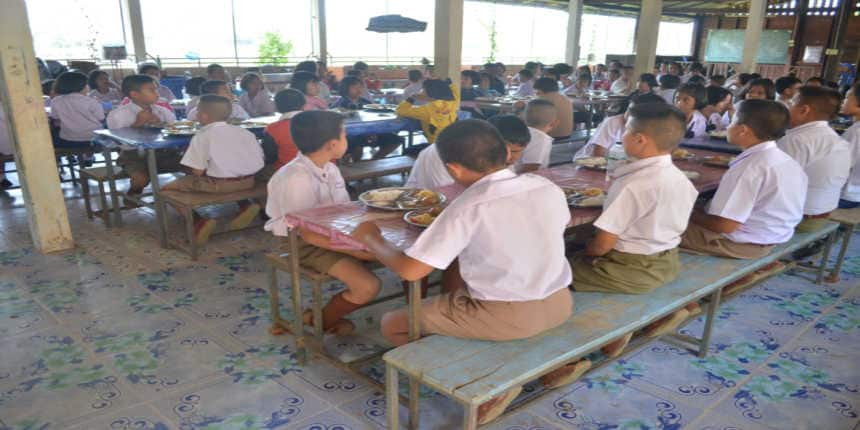DPEP Full Form
The full form of DPEP is the District Primary Education Program. The government-sponsored District Primary Education Program (DPEP) was launched in 1994 with the intention of reviving the primary education system and achieving the aim of universalizing primary education. DPEP employs a thorough approach to enhance learning results, boost retention, and minimise social disparities.

DPEP Full form
The government-sponsored District Primary Education Program (DPEP) was launched in 1994 with the intention of reviving the primary education system and achieving the aim of universalizing primary education. DPEP employs a thorough approach to enhance learning results, boost retention, and minimise social disparities.
DPEP employs a thorough approach to enhance learning results, boost retention, and get rid of social group disparities. The DPEP is based on the concept of "additionally," and it is intended to close any gaps by providing resources beyond those made available by state and federal primary education programmes. The state governments must, at the very least, maintain base-year levels for real spending.
The key fact about DPEP
The complete form of The District Primary Education Program (DPEP), one of the largest education efforts in the world, aims to universalize elementary education through district-specific planning with decentralised management, participatory processes, empowerment, and capacity building at all levels. The programme represents a tremendous attempt to improve primary education and move upper primary education forward. The World Bank provided support for the federal government's initiation of the DPEP (phase I) initiative, which was later expanded to more States, initially five states. Each state is urged to select the most disadvantaged area, where the proportion of women in higher education is lower than the national average, as well as the districts where Total Literacy Campaigns (TLCs) have been successful in raising demand for primary education. The District Primary Education Program is referred to as DPEP.
Funding of DPEP
The Indian government, state governments, and international organisations all contribute money to the DPEP. Because it is a centrally funded programme, both the federal government and the state governments are jointly responsible for funding it. 15% of each state government's share is paid by the central government, which contributes 85% of the project's cost. Organisations like the Netherlands, Official Development Assistance (ODA), Swedish International Development Cooperation Agency (SIDA), and United Nations International Children's Emergency Fund (UNICEF) contribute to global funding. With a significant contribution from the International Development Association, the total amount of outside funding is roughly seven thousand crores (IDA)
Frequently Asked Questions (FAQs)
The MHRD, Goal established the DPEP in 1993 as a centralised programme through which all funding from the various financial agencies would be channelled [MHRD 1993].
The DPEP activities started in Kerala on 15th April 1993.
The government donated money to build classrooms, lab equipment, a blackboard, maps, a small library, and other improvements to schools. Following Operation Blackboard's success, the District Primary Education Programme (DPEP) was launched in 1994.
The DPEP was created in 1993 by the MHRD, Gol, as an umbrella programme through which all of the various financing agencies' support would be directed [MHRD 1993].
Kerala's DPEP activities began on April 15th, 1993.